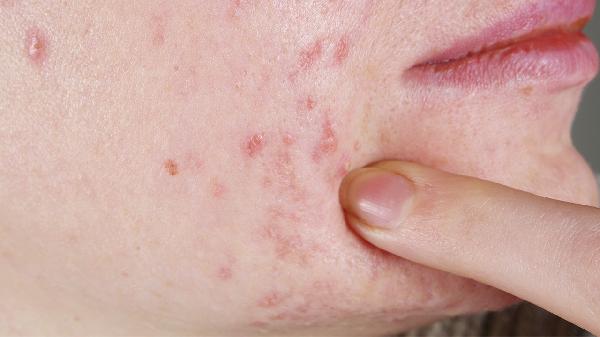When it comes to mangoes, are you already drooling? That sweet and fragrant flavor is practically synonymous with summer! However, recently, a friend of mine developed a rash and unbearable itching after eating artificially ripened mangoes. What’s going on here? Today, let’s talk about artificially ripened mangoes and allergies.

1. The Secret of Artificially Ripened Mangoes
Artificially ripened mangoes are essentially mangoes whose ripening process has been accelerated through artificial means. Common methods include using ethylene gas or ethephon solutions. These methods can make mangoes soft and sweet in a short time, making them appear naturally ripe. However, some chemical residues may remain during the ripening process, which can act as allergens for certain people.
2. Common Symptoms of Allergic Reactions
After eating artificially ripened mangoes, some people may experience allergic reactions. Common symptoms include skin redness, itching, discomfort in the mouth or throat, and even difficulty breathing in severe cases. These symptoms usually appear within minutes to hours after consumption and may require medical attention in serious situations.
3. How to Tell if a Mango is Artificially Ripened
Naturally ripened mangoes typically have an even skin color, soft but not overly mushy flesh, and a strong, natural fragrance. Artificially ripened mangoes, on the other hand, may have uneven skin color, overly mushy flesh, and an unnatural or weak fragrance. When purchasing, you can make an initial judgment by observing and smelling the mango.
4. Tips to Prevent Allergies
If you’re allergic to mangoes or concerned about the risks of artificially ripened ones, you can take some preventive measures. For example, thoroughly wash the mango before eating to remove any chemical residues on the skin. Additionally, when trying a new type of mango for the first time, eat a small amount first and observe for any adverse reactions.
5. Choosing Naturally Ripened Mangoes
To avoid the risks associated with artificially ripened mangoes, it’s best to choose naturally ripened ones. Naturally ripened mangoes not only taste better but also have higher nutritional value. When purchasing, opt for reputable sellers or pick them directly from orchards to ensure quality.
6. What to Do After an Allergic Reaction
If you unfortunately experience an allergic reaction, stop eating mangoes immediately and seek medical attention as soon as possible. Mild allergic reactions can be relieved with antihistamines, but severe reactions may require epinephrine injections. Therefore, knowing your allergy history and carrying anti-allergy medication when necessary is crucial.
Eating mangoes should be a pleasure, but if artificially ripened mangoes cause allergies, it’s not worth it. By understanding the secrets of artificially ripened mangoes and learning how to identify and prevent allergies, we can better enjoy the deliciousness of mangoes while protecting our health. Next time you eat a mango, remember to stay vigilant and ensure you’re eating safely and healthily!
























